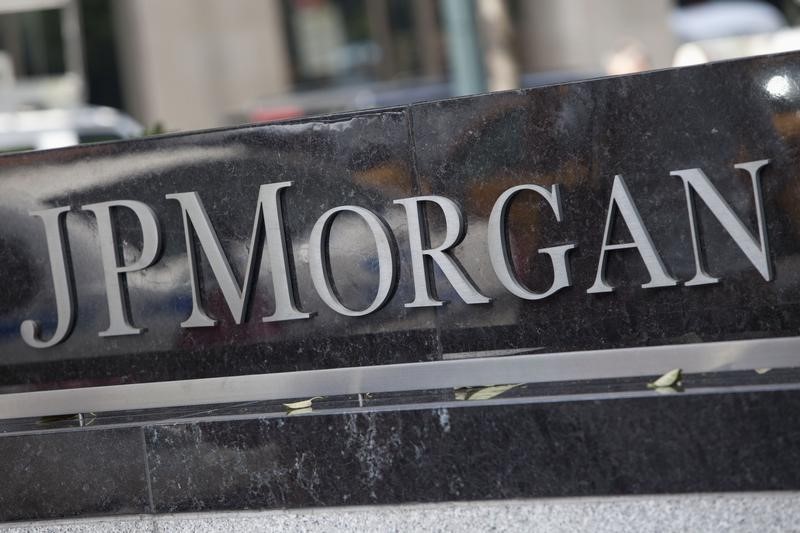This post was originally published on this site

By Karl Plume
CHICAGO (Reuters) – Seeds and farm chemicals company Corteva (NYSE:CTVA) Inc will partner with farm technology and services provider Indigo Ag to broaden its U.S. agricultural carbon credits program for the 2022 season, Corteva announced on Thursday.
The Corteva Carbon Initiative will initially pay farmers around $15 an acre for shifting to practices that pollute less, use fewer chemicals or farm crops that pull carbon from the atmosphere and lock it in the soil, the company said.
The project is among a string of recent environmentally-focused initiatives by agriculture companies tapping market-based approaches to conservation and carbon capture on the farm.
Some programs have stumbled as farmers are reluctant to make potentially disruptive changes to their farming operations, while credit buyers remain unsure of the environmental value of the new offerings.
The collaboration will expand Corteva’s two-crop pilot project in three states this year to an 11-state program that covers 17 different crops.
The credits generated will be sold to companies seeking to reduce their carbon footprint, including Barclays (LON:BARC), JPMorgan Chase (NYSE:JPM), Ralph Lauren (NYSE:RL) and New Belgium Brewing.
“We’re viewing this as a production contract, like (farmers) are producing carbon credits for us just like they produce a grain crop,” said Chris Harbourt, global head of carbon at Indigo.
The program will estimate how much carbon is captured and sequestered using soil tests and farming data such as planting dates, seed types, fertilizer applications and weather.
Farmers are required to sign up for a minimum five-year term, with payments doled out gradually over that time to ensure that carbon is not re-released if, for example, the soil is tilled, Harbourt said.
Farmers will receive 75% of the value of the credit, with the remainder going to the companies to cover administrative costs.
(The story was corrected to remove reference to online trading marketplace in sixth paragraph)


